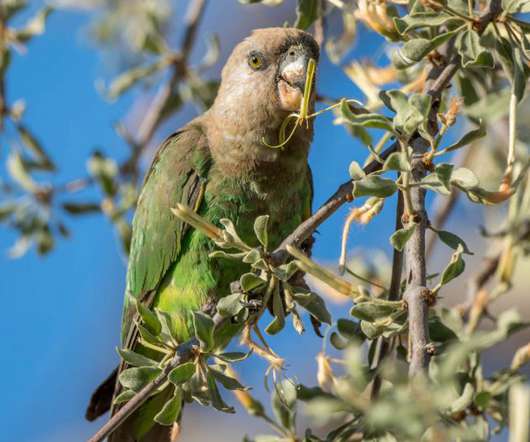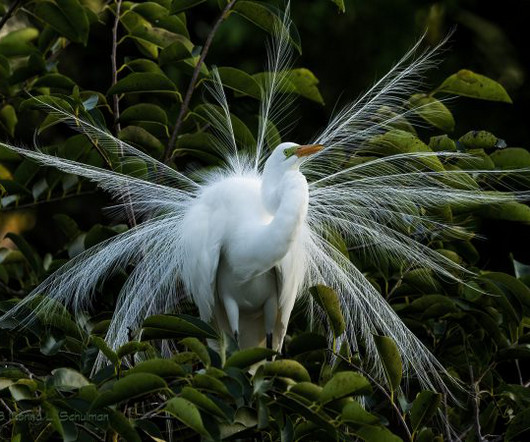Push Land-Grant Universities Out of the Meat Industry
Animal Person
MARCH 17, 2009
The meat industry is inherently destructive and inhumane, there is no way to make it otherwise, and much of the harm it does to ecosystems is by inflicting suffering and death on billions of nonhuman animals, farmed and free-living, each year. Many say you can’t eat meat and be an environmentalist.












Let's personalize your content